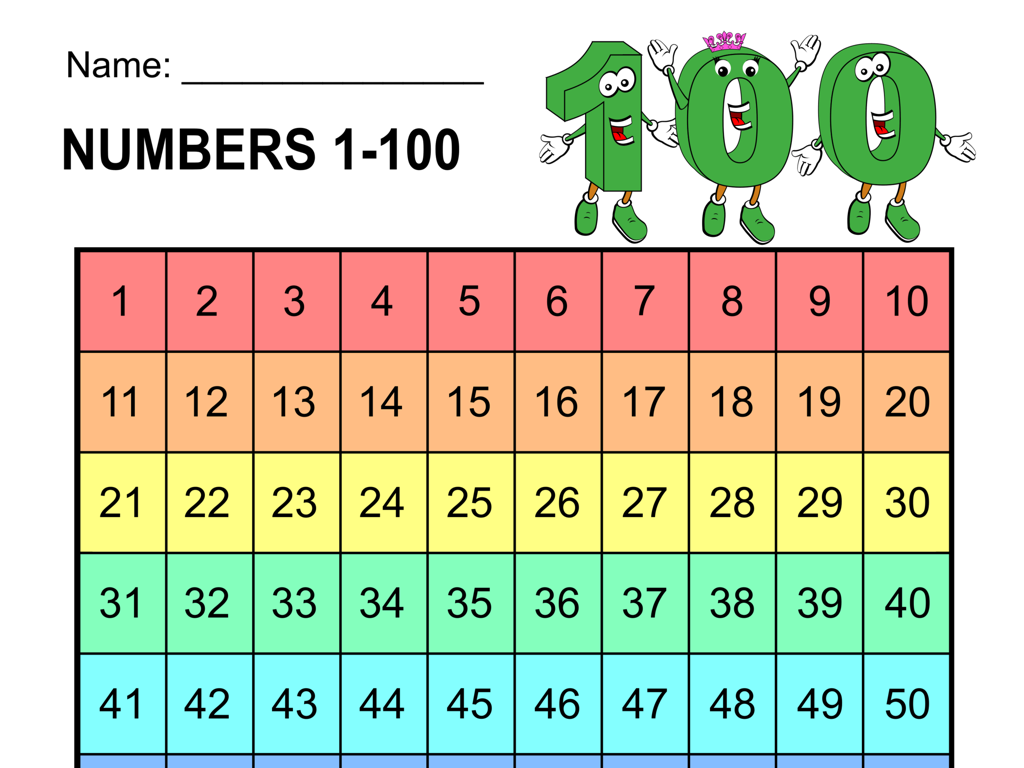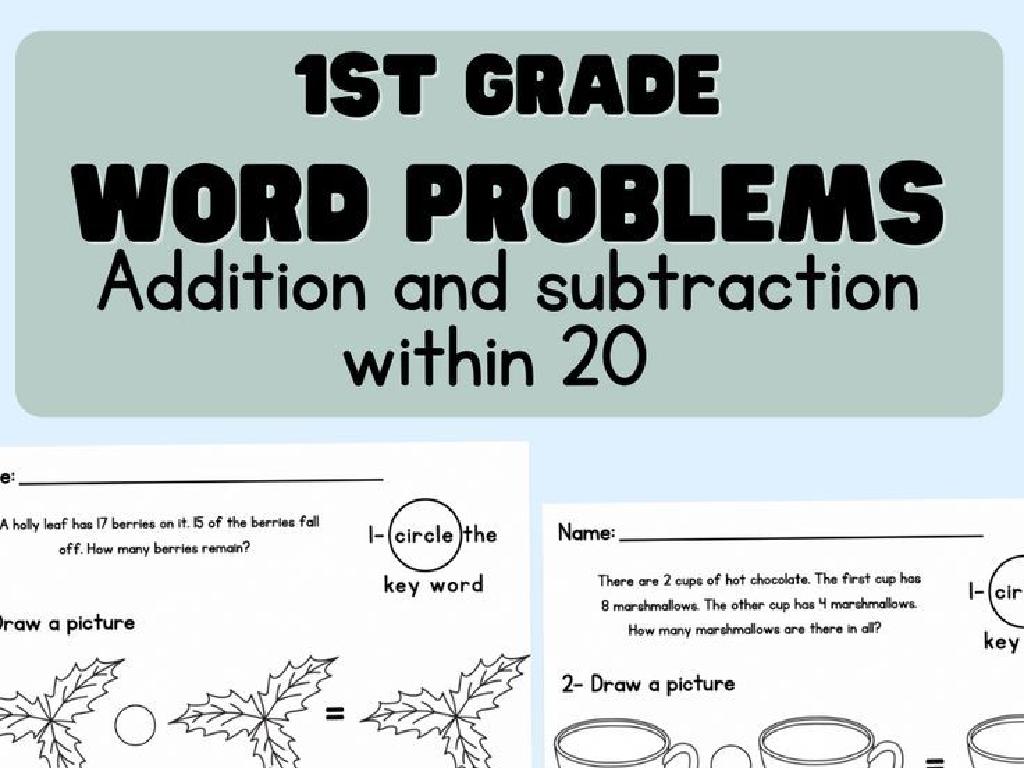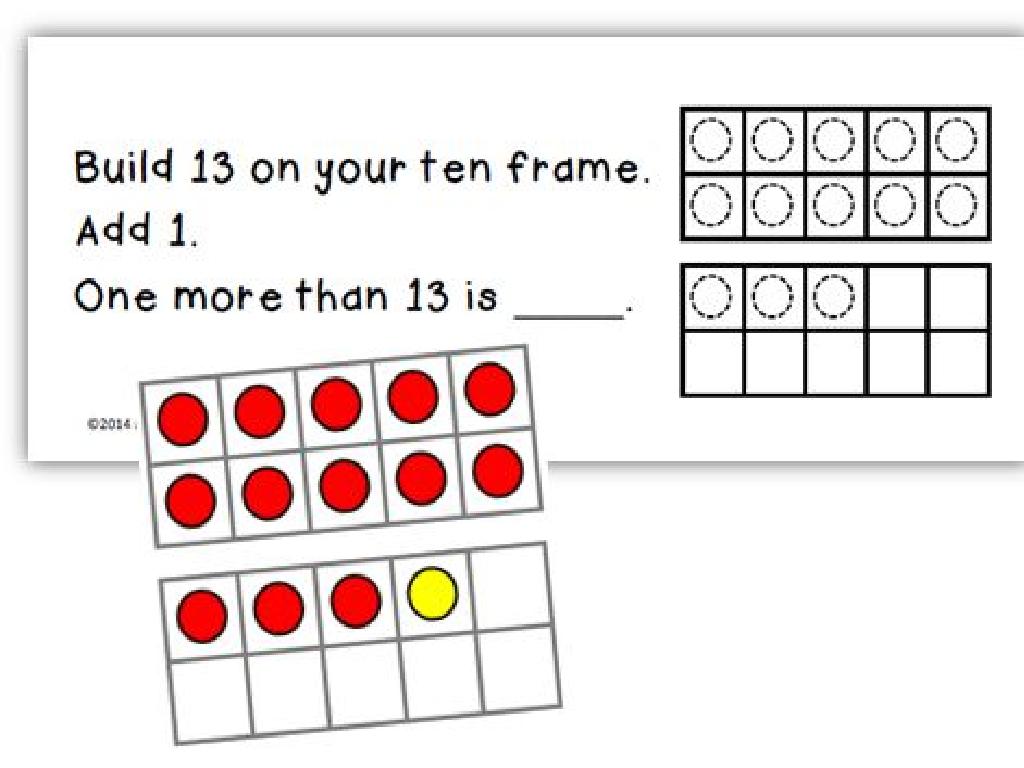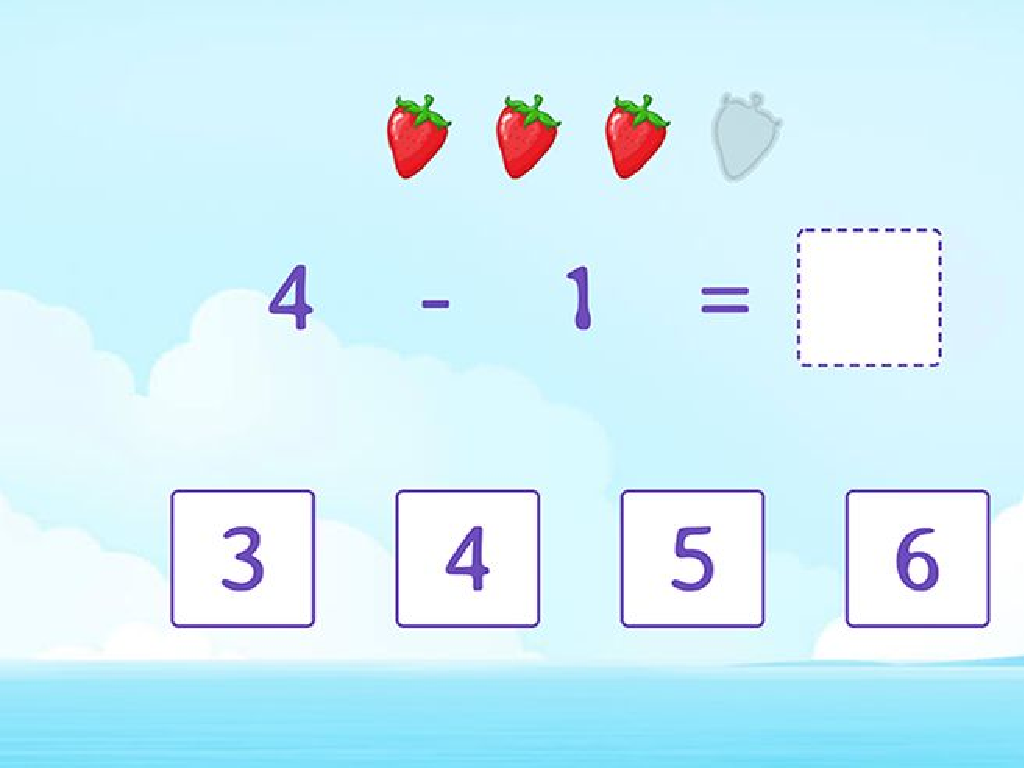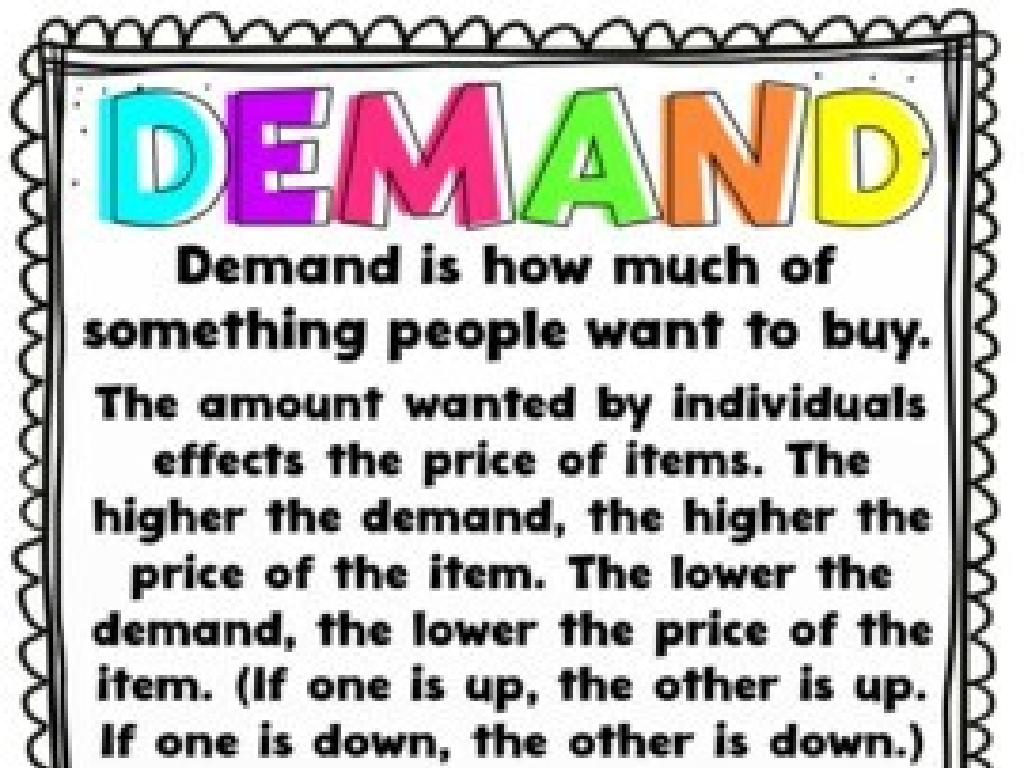Use Dictionary Entries
Subject: Language arts
Grade: Fourth grade
Topic: Reference Skills
Please LOG IN to download the presentation. Access is available to registered users only.
View More Content
Navigating Reference Materials: Dictionaries
– Tools for finding information
– Like a treasure map for facts and data
– Reference materials explained
– Books and resources that provide facts, like dictionaries, encyclopedias, and atlases
– The role of dictionaries
– Dictionaries help us understand word meanings, pronunciation, and usage
– Enhancing vocabulary skills
|
This slide introduces students to the concept of reference skills, emphasizing the importance of dictionaries as a key tool. Reference materials are resources that provide factual information and aid in research. Dictionaries, in particular, are crucial for understanding the meaning of words, learning how to pronounce them, and grasping their correct usage in sentences. Encourage students to see dictionaries as a means to expand their vocabulary and improve their language skills. Discuss how these skills are not only important for their current studies but also for their lifelong learning journey.
Exploring the Dictionary
– Dictionary: A special book
– A dictionary is a book that has lots of words with their meanings, how to say them, and more.
– Words listed A to Z
– Just like the ABCs, every word is in order from A to Z.
– Definitions and pronunciations
– Find out what a word means, how to say it, and what kind of word it is (like a noun or verb).
– Example sentences in dictionaries
– See how to use words in real sentences.
|
This slide introduces students to the basic concept of a dictionary. Emphasize that a dictionary is a valuable tool for learning new words, understanding their meanings, and how to pronounce them correctly. It’s also a guide for proper usage in sentences. Encourage students to see a dictionary as a resource for expanding their vocabulary and improving their language skills. You can demonstrate looking up a word and discuss the different types of information provided for each entry. This will prepare them for activities involving dictionary usage.
Exploring Dictionary Entries
– Word Entry: Find your word
– The word you’re searching for in the dictionary
– Pronunciation: Learn to say it
– Guides on how to pronounce the word correctly
– Part of Speech: Know its role
– Identifies if the word is a noun, verb, adjective, etc.
– Definition: Understand the meaning
– Explains what the word means
– Example Sentence: See it in use
– Shows how the word fits into a sentence
|
This slide introduces students to the components of a dictionary entry, which is a valuable reference skill for expanding vocabulary and improving language arts proficiency. Start by explaining that the word entry is the word they want to know more about. The pronunciation section helps them learn how to say the word correctly, often using phonetic spelling. Discuss the importance of understanding the part of speech, as it determines how the word functions in sentences. Clarify the definition, which explains the meaning of the word, and emphasize the usefulness of example sentences in showing how the word is used in real-life contexts. Encourage students to practice looking up words in a dictionary to become familiar with these parts.
Navigating the Dictionary: Guide Words
– Guide words at page tops
– They show the words at the start and end of each page.
– First and last words on page
– These words help you to understand the page’s word range.
– Using guide words to find words
– Look at guide words to speed up your search for a word.
– Practice finding words with guide words
– Let’s try to use guide words to find ‘ant’ or ‘zebra’ in the dictionary.
|
This slide introduces students to the concept of guide words in a dictionary, which are essential for efficient reference skills. Guide words are located at the top of dictionary pages and indicate the first and last words found on that page, helping users to quickly locate words. Explain that by understanding the alphabetical order and using guide words, students can save time when searching for definitions. Encourage students to practice by looking up specific words in the dictionary and identifying the guide words that helped them find those words. This practical exercise will reinforce their understanding and ability to use dictionaries effectively.
Using a Dictionary: Step by Step
– Think of a word to look up
– Find the word’s first letter
– Dictionaries are in alphabetical order
– Use guide words to locate it
– Guide words at the top show the first and last words on the page
– Read the entry for meaning
– Entries include definitions, pronunciation, and how to use the word
|
This slide is aimed at teaching fourth graders how to use a dictionary effectively. Start by selecting a word they wish to know more about. Then, open the dictionary to the section that contains the first letter of that word. Guide words at the top of each page will help them find the word more quickly. Once they find the word, they should read the entry carefully to understand the word’s meaning, how it’s pronounced, and how it can be used in a sentence. Encourage students to practice by looking up words they encounter in their reading or when they write. Provide examples of dictionary entries in class and demonstrate how to navigate the dictionary.
Let’s Practice Using the Dictionary!
– Practice finding words
– Partner up for word search
– Choose a buddy and take turns looking up words
– Discuss new words found
– What does the word mean? Any interesting facts?
– Share discoveries with class
– Each pair will present their favorite new word
|
This slide is designed for a class activity to help students become familiar with using a dictionary. Students will pair up and take turns to look up words they are curious about or words assigned by the teacher. They should discuss the meaning of the words they find and any other interesting information such as synonyms, antonyms, or example sentences. After the activity, each pair will have the opportunity to share their findings with the class, fostering a collaborative learning environment. Teachers should circulate the room to assist pairs as needed and ensure that each student is engaged in the activity. Prepare a list of words in advance that students can choose from if they are struggling to come up with their own. This activity will enhance their reference skills and expand their vocabulary.
Class Activity: Dictionary Scavenger Hunt
– Find words using given clues
– Record guide words and definitions
– Guide words are at the top of dictionary pages
– Write example sentences for each
– Use the words in sentences how you’d speak
– First team to finish will present
|
This interactive class activity is designed to familiarize students with using a dictionary. Provide clues that lead to specific words and have students locate these words in the dictionary. They should note the guide words, which are found at the top of the dictionary pages and help in locating words. Students must also write down the full definition of each word and create an original sentence using the word in context. The activity encourages teamwork and quick reference skills. Possible clues could be ‘a fruit that keeps the doctor away’ or ‘what you do with a ball’. The first team to correctly complete the task will share their findings, reinforcing their learning and public speaking skills.
Wrapping Up: Dictionaries & Homework
– Recap on using dictionaries
– Why reference skills matter
– Helps with reading, writing, and learning
– Homework: 3 new dictionary words
– Find words you’re curious about
– Write down each word’s entry
– Include the word, its meaning, and an example sentence
|
As we conclude today’s lesson, remind students of the key points in using a dictionary, such as how to look up words and the information they can find in a dictionary entry. Emphasize the value of reference skills in everyday life, including how they enhance vocabulary, comprehension, and communication. For homework, instruct students to find three words they don’t know in a dictionary, write down the full dictionary entry for each, and construct a sentence using the word. This will reinforce their understanding of dictionary use and encourage independent learning. In the next class, ask students to share the words they found and discuss the entries.

